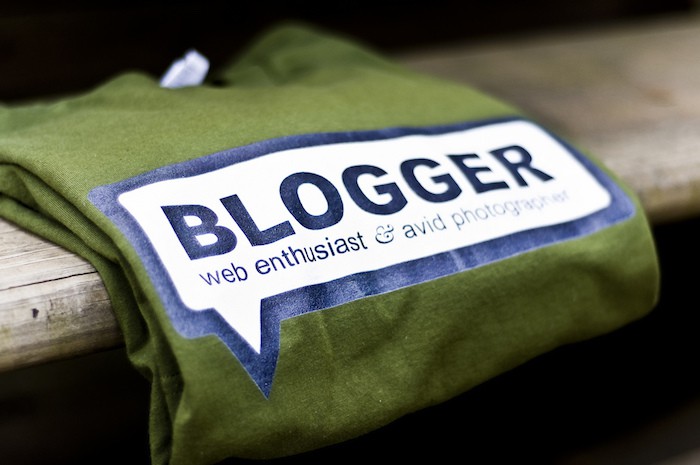
Blogging is back at The Atlantic.
Last night, the magazine launched Notes, a new section on its site that’s harkens back to the site’s earliest days when blogs featuring writers like Ta-Nehisi Coates, Andrew Sullivan, and Jeffery Goldberg were among its main draws. With an emphasis on shorter takes, quick-hit news, and reader engagement, The Atlantic is promoting Notes as its return to blogging, but 2015 style.
“In terms of our work, and what we do, and how we like to engage people, the forms in which we’ve done digital journalism have evolved, and we’ve come to miss a kind of older form — we missed blogging,” J.J. Gould, The Atlantic’s web editor told me this afternoon.
“We missed the kind of writing it represents. We missed the kind of audience engagement it represents,” he said. “In the meantime, I thought it sort of was increasingly interesting in a way — particularly on an Internet dominated by social media — that we would pursue what you could call a parallel content strategy of writing directly to our readers and redeveloping a direct readership with them.”
So far, Notes features a mix of highlighted reader comments, quick breaking news — there will be morning and afternoon roundups — and fast analytical posts, such as Coates writing on comics and a discussion of the 20th anniversary of the launch of Windows 95, which included internal Slack conversations and an excuse to post “the best mashup in recent memory.”
No matter how The Atlantic builds out the section though, it maintains that its readership will be intimately involved with the process. Deputy web editor Matt Thompson, for example, described in a post how readers helped beta test the site, and the impact their feedback had:
Those early tests were deeply helpful; they gave us fresh perspectives on the designs, ideas for how to think about coverage and storytelling in this space, and even some thoughts on how to describe what Notes is. (One beta-tester likened it to the “front of the book”—the opening pages of the print magazine, where we feature letters about our coverage, shorter pieces, and bite-sized digressions.)
And Gould said Notes will be part of the conversations that are already happening in The Atlantic’s own comments sections and on social media: “This is additive. This not meant to fit into that as so much to come in alongside it and be another mode of engagement. And then we can have fun and experiment with how they all fit together.”
Journalistic content that is quick, aggregation-heavy, and sometimes a little tossed-off already has a home, to be sure — social media. It makes sense to try to recapture some of that excess material from Twitter and Facebook for your own site. Other publications have similarly made short-form publishing a priority as of late. The New York Times, for example, has created First Draft, a space for quick political news that might not warrant a full story. However, not every outlet has maintained its commitment to the format. Last year, Vox’s Ezra Klein and Matt Yglesias each began publishing “notebooks” with short notes and bits of content they found interesting. Neither “blog” has been updated in two months.Quartz, which is owned by Atlantic Media, last year created Glass, a notebook-style subsite built on Dave Winer’s outlining CMS, Fargo, that covered the changing nature of television. But Quartz shuttered the site last September because “broader interest in the Glass notebook wasn’t strong enough to justify continued investment of time and resources,” but Quartz did note that Glass did influence how it rethought the redesign of its homepage. (Former Atlantic editor Alexis Madrigal wrote about the pros and cons of this sort of iterative stream of content back in 2013.)
The Atlantic, though, says its committed to building out the section. Chris Bodenner, an Atlantic senior editor, is overseeing the effort, but Gould emphasized that The Atlantic is going to continue to experiment with the space and figure out additional ways to utilize it.
“It’s a sandbox,” he said. “And we intend to play in it.”